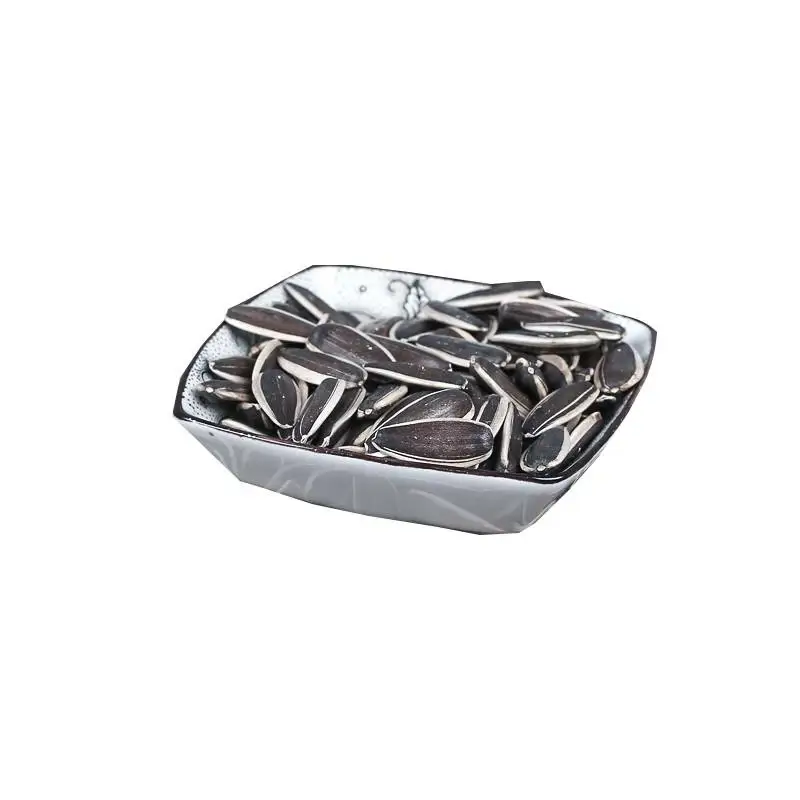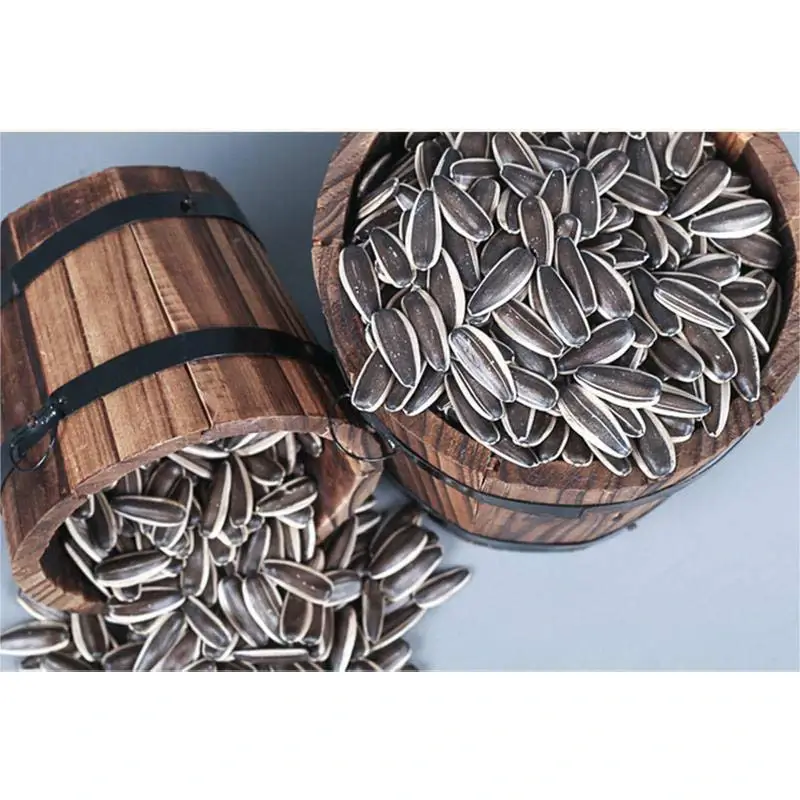-
 Afrikaans
Afrikaans -
 Albanian
Albanian -
 Amharic
Amharic -
 Arabic
Arabic -
 Armenian
Armenian -
 Azerbaijani
Azerbaijani -
 Basque
Basque -
 Belarusian
Belarusian -
 Bengali
Bengali -
 Bosnian
Bosnian -
 Bulgarian
Bulgarian -
 Catalan
Catalan -
 Cebuano
Cebuano -
 Corsican
Corsican -
 Croatian
Croatian -
 Czech
Czech -
 Danish
Danish -
 Dutch
Dutch -
 English
English -
 Esperanto
Esperanto -
 Estonian
Estonian -
 Finnish
Finnish -
 French
French -
 Frisian
Frisian -
 Galician
Galician -
 Georgian
Georgian -
 German
German -
 Greek
Greek -
 Gujarati
Gujarati -
 Haitian Creole
Haitian Creole -
 hausa
hausa -
 hawaiian
hawaiian -
 Hebrew
Hebrew -
 Hindi
Hindi -
 Miao
Miao -
 Hungarian
Hungarian -
 Icelandic
Icelandic -
 igbo
igbo -
 Indonesian
Indonesian -
 irish
irish -
 Italian
Italian -
 Japanese
Japanese -
 Javanese
Javanese -
 Kannada
Kannada -
 kazakh
kazakh -
 Khmer
Khmer -
 Rwandese
Rwandese -
 Korean
Korean -
 Kurdish
Kurdish -
 Kyrgyz
Kyrgyz -
 Lao
Lao -
 Latin
Latin -
 Latvian
Latvian -
 Lithuanian
Lithuanian -
 Luxembourgish
Luxembourgish -
 Macedonian
Macedonian -
 Malgashi
Malgashi -
 Malay
Malay -
 Malayalam
Malayalam -
 Maltese
Maltese -
 Maori
Maori -
 Marathi
Marathi -
 Mongolian
Mongolian -
 Myanmar
Myanmar -
 Nepali
Nepali -
 Norwegian
Norwegian -
 Norwegian
Norwegian -
 Occitan
Occitan -
 Pashto
Pashto -
 Persian
Persian -
 Polish
Polish -
 Portuguese
Portuguese -
 Punjabi
Punjabi -
 Romanian
Romanian -
 Russian
Russian -
 Samoan
Samoan -
 Scottish Gaelic
Scottish Gaelic -
 Serbian
Serbian -
 Sesotho
Sesotho -
 Shona
Shona -
 Sindhi
Sindhi -
 Sinhala
Sinhala -
 Slovak
Slovak -
 Slovenian
Slovenian -
 Somali
Somali -
 Spanish
Spanish -
 Sundanese
Sundanese -
 Swahili
Swahili -
 Swedish
Swedish -
 Tagalog
Tagalog -
 Tajik
Tajik -
 Tamil
Tamil -
 Tatar
Tatar -
 Telugu
Telugu -
 Thai
Thai -
 Turkish
Turkish -
 Turkmen
Turkmen -
 Ukrainian
Ukrainian -
 Urdu
Urdu -
 Uighur
Uighur -
 Uzbek
Uzbek -
 Vietnamese
Vietnamese -
 Welsh
Welsh -
 Bantu
Bantu -
 Yiddish
Yiddish -
 Yoruba
Yoruba -
 Zulu
Zulu
May . 27, 2025 10:37 Back to list
Premium Sunflower Seeds Bulk Wholesale & Organic Options
- Market Overview: Global Demand for Sunflower Seeds
- Technical Superiority in Processing Methods
- Manufacturer Comparison: Capacity & Certifications
- Customized Solutions for Bulk Purchasing
- Application Scenarios Across Industries
- Quality Assurance Protocols
- Strategic Advantages for Sunflower Seeds Exporters

(sunflower seeds)
The Growing Global Appetite for Sunflower Seeds
Global sunflower seeds
production reached 58.3 million metric tons in 2023, with Ukraine (27%), Russia (23%), and Argentina (19%) leading cultivation. Food manufacturers consumed 68% of commercial sunflower seeds output, primarily for snack production and edible oil extraction. The market shows 6.2% CAGR (2024-2030), driven by health-conscious consumers preferring high-oleic variants.
Innovative Processing Technologies
Advanced dehusking systems achieve 94-97% kernel integrity, surpassing traditional methods (82-85%). Our manufacturers employ:
- Optical sorting machines with AI recognition (99.5% purity)
- Steam sterilization at 121°C/15psi (ISO 22000 compliant)
- Moisture control systems maintaining 6-8% H2O content
Manufacturing Capability Analysis
| Parameter | GlobalHarvest Seeds | SunGold Exports | PureSeed Innovations |
|---|---|---|---|
| Annual Capacity | 120,000 MT | 85,000 MT | 65,000 MT |
| Certifications | ISO 9001, HACCP | FDA, BRCGS | Organic EU/NOP |
| Customization | 25+ parameters | 15 parameters | 38 parameters |
Tailored Commercial Solutions
B2B clients specify:
- Seed size grading (8-12mm standard)
- Salt content customization (0-3% NaCl)
- Private label packaging (MOQ: 20 MT)
Manufacturers offer 72-hour sampling and 30-day inventory management for bulk orders exceeding 500 MT.
Industrial Application Spectrum
Case Study 1: European snack brand reduced production costs by 18% through customized 10-11mm seeds with optimized salt adhesion. Case Study 2: Asian confectionery manufacturer improved yield by 22% using steam-sterilized seeds meeting microbial standards (TPC < 50,000 CFU/g).
Quality Control Infrastructure
Third-party labs verify:
- Aflatoxin levels < 4ppb (EU Regulation 1881/2006)
- Heavy metals below 0.1ppm
- Germination rate >95% (agricultural seeds)
Export Competence in Sunflower Seeds Trade
Leading sunflower seeds exporters maintain 12-15% price competitiveness through vertical integration from farming to logistics. Strategic partnerships with global shipping lines ensure 98.3% on-time delivery, supported by real-time container tracking and customs pre-clearance systems.

(sunflower seeds)
FAQS on sunflower seeds
Q: How do you ensure the quality of sunflower seeds in your sunflower products?
A: Our sunflower seeds undergo rigorous quality checks, including moisture and purity testing. We adhere to international food safety standards to guarantee freshness and nutritional value.Q: Can sunflower seed manufacturers accommodate custom packaging requests?
A: Yes, many manufacturers offer customizable packaging for bulk orders, including size variations and branded designs. Contact suppliers directly to discuss specific requirements.Q: What certifications do sunflower seed exporters need for international shipments?
A: Exporters typically require ISO, HACCP, or Global G.A.P. certifications. Compliance with destination-country regulations, such as FDA (USA) or EU organic standards, is also mandatory.Q: Are sunflower seed products free from common allergens?
A: Pure sunflower seeds are naturally gluten-free and nut-free, but cross-contamination risks depend on the facility. Always check product labels for allergen warnings.Q: How do exporters maintain freshness during sunflower seed transportation?
A: Seeds are transported in vacuum-sealed, UV-protected packaging with climate-controlled containers. Fast logistics networks ensure minimal exposure to heat and humidity.-
Premium Quality Pistachios - Fresh, Healthy & Delicious Nuts
NewsJul.24,2025
-
Premium Crab Sticks – Delicious, Easy-to-Use Seafood Snack
NewsJul.23,2025
-
Buy Bulk Sunflower Seeds Exporter – Premium Quality & Competitive Price
NewsJul.22,2025
-
Premium Melon Seeds | Nutritious Snack & Baking Ingredient
NewsJul.22,2025
-
Bulk Sunflower Seeds Suppliers | Wholesale & Export
NewsJul.21,2025
-
High-Precision Industrial Sensors for Reliable Automation Solutions
NewsJul.21,2025
